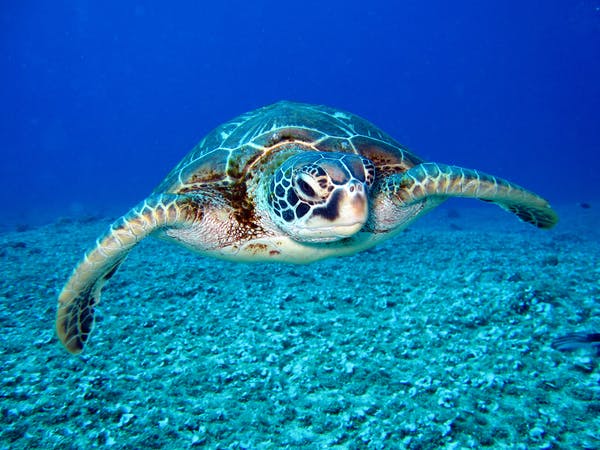Sea turtles among marine life choking on waste dumped in the sea

Fishermen and Beach Management Units (BMUs) from South Coast to North Coast have raised concern over increasing plastic pollution around the Kenyan coastline, which they say is highly affecting sea turtles breeding grounds.
They say plastics dumped on the shores, brought about by rivers flowing into the ocean, runoff rain water and ocean currents from countries neighbouring the Indian Ocean, such as Zanzibar, Comoros and Mauritius are endangering sea turtles, which are unable to set up nests in the sandy ocean shores.
Sea turtles dig their nests in the sand where they lay up to 100 eggs, which incubate in the sand for 60 days before they hatch. Once hatched, the minor turtles find their way in to the ocean.
The reptiles are well known for maintaining healthy sea grasses, coral reefs and providing a key habitat for other marine life.
However, the BMUs efforts to clean up the beaches on a monthly basis have bore little fruits.
Salma Awadh the manager Wild Wide Fund (WWF) Coastal Kenya Programmes said that the plastic menace affecting the turtle nestings are mainly brought by sea waves, and it is highly affecting conservation work to the whole marine ecosystem. “Marine species and terrestrial species are highly affected and there is need for countries neighbouring the Indian Ocean to come up with laws to protect the ocean from plastics,” Awadh said.
She said already, sea turtles numbers are low, and if they don’t find places at the shores to lay their eggs, then we are endangering the other marine lives in the Ocean, hence conservation starts with sea turtles.
Mkandi Vuyaa a 58-year-old fisherman from Wasini Island noted that the Ocean has become less productive with fish catch being low. “Some years back we used to harvest not less that eight baskets of fish (50 kilogrammes) everyday, but nowadays, one can barely get two baskets (20kg) a day. Production is very low,” Vuyaa said.
Vuyaa also noted that it is now normal to site floating plastic during deep sea fishing expedition, brought towards the south by strong currents from neighbouring countries, adding that some of the plastics contain chemicals and oils, which are harmful to the marine species.
He noted that plastics have been found in fish digestive systems before cooking. This also puts lives of humans that feed on these fish at risk
“Years back, the number of sea turtles that came ashore for nesting was high and visible along the beaches, but today the shores have become home to plastics and garbage.
“Some types of fish, such as Taffi have on several occasions been seen feeding on green plastics confusing it with the green ocean grass,” he said.
He urged the national government to assist on this matter through convening a meeting with governments of countries bordering the Indian Ocean to come up with a solutions before there is further damage. “A meeting by all countries that touch the ocean is important. As a community, we do frequent ocean clean ups along the coastline, but after one week the plastics are back. We feel neighbouring countries may not be doing their part,” he said.











